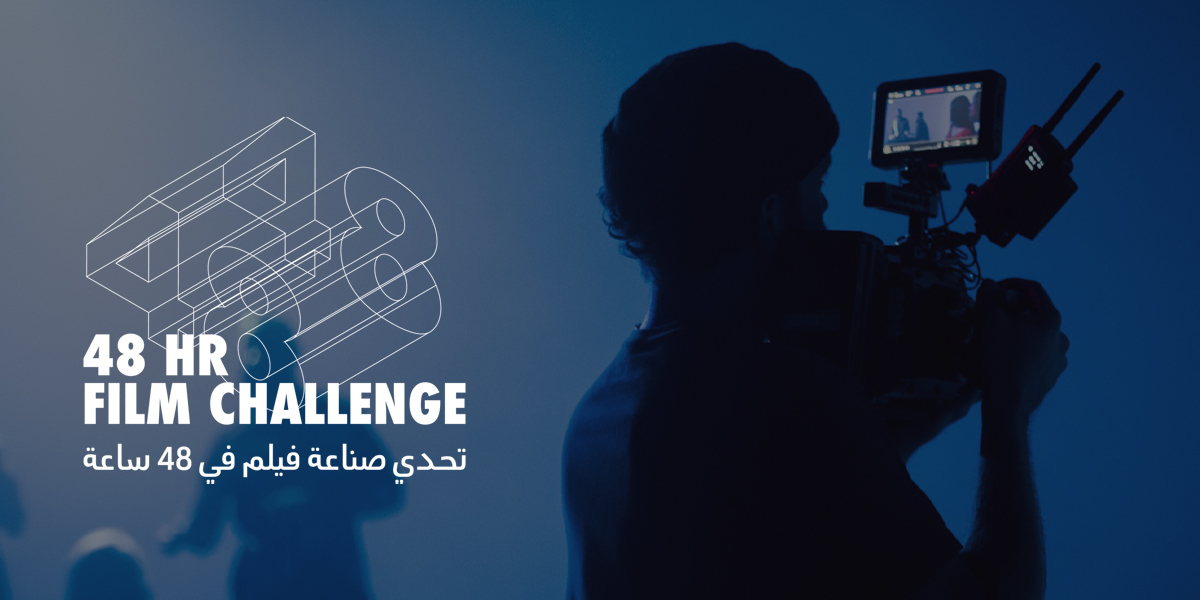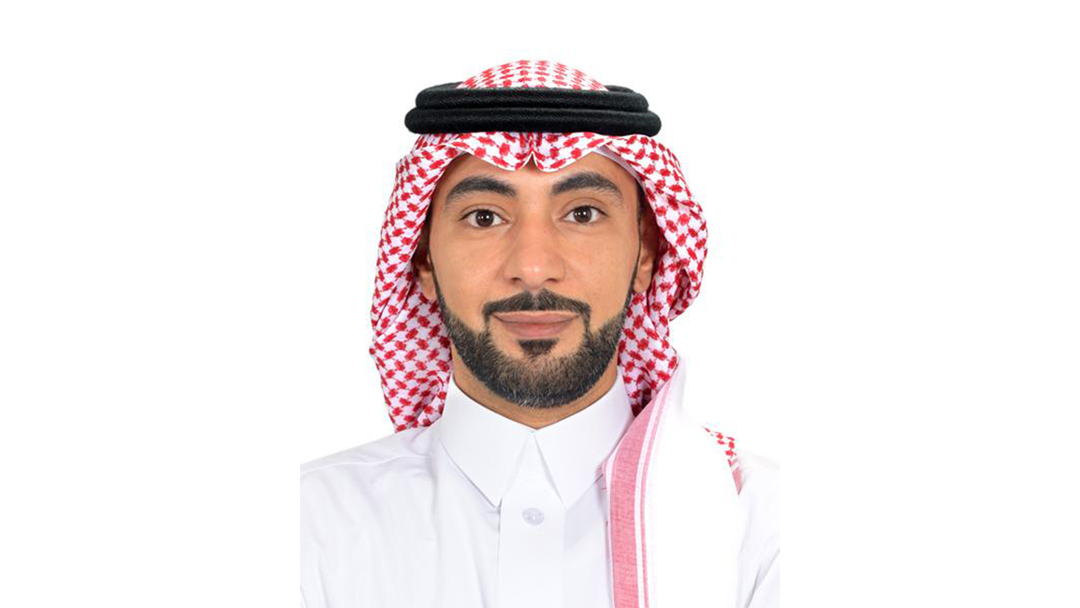Supported by the Red Sea Fund, Kaouther Ben Hania’s acclaimed documentary Four Daughters is an intimate journey encompassing hope, rebellion, transmission, and sisterhood, challenging the very foundations of our societies. The narrative delves into the life of Olfa, a Tunisian mother of four, who one day discovers that two of her daughters have gone missing. Through a seamless blend of reenactments, heartfelt dialogues, and urgent conversations, Ben Hania has crafted a compelling story that underscores the resilience of the human spirit.
Four Daughters had its world premiere at the 76th Cannes Film Festival, where it won the L’Œil d’or Award for Best Documentary alongside Asmae El Moudir for The Mother of All Lies, both earning recognition for their exceptional contribution to the genre. The film, which also screened at several international festivals including Toronto International Film Festival (TIFF) and our very own Red Sea International Film Festival, also secured the Best Documentary Award at the Chicago Film Festival has since been shortlisted in two Oscar categories; Best International Film and Best Documentary. Kaouther Ben Hania, an Oscar Nominee for her previous film The Man Who Sold His Skin, has been steadily gaining acclaim as an iconic storyteller since her earlier productions, including The Challat of Tunis in 2014.
For Kaouther, the filming of Four Daughters’ presented a unique challenge as it required reenactments of crucial scenes to effectively convey Olfa’s deeply buried story beneath her outwardly bright and cheerful demeanor. Kaouther considers Four Daughters not merely a film but a profound human experience, emphasizing its classification as a documentary rather than fiction. Addressing the film’s complicated subject matter, she underscores her dedication to telling human stories and fostering understanding. “I am making films for the audience,” she says. “I do worry all the time, but for me to make a film, I have to be passionate about the story, their character, everything about it. I have to care about it. This is human, it’s the psyche of people, it’s life. Cinema is life.”
Kaouther’s journey into cinema stems from her background as an aspiring author of novels but her inclination for powerful visuals led her down the path of filmmaking. “I started writing,” she explains. “But I’m a very visual person. When I crossed paths with cinema, I decided this is the best format to tell a story. You have everything in it, the visuals, the sound, costume, every single element to properly tell a story and bring it to life.”
Her curiosity acts as a driving force in her filmmaking odyssey, viewing the role of a filmmaker as akin to being a perpetual student, continuously learning from each new experience. “The more you make films, the more you learn; every film is a new experience. If I didn’t make my previous films, I would’ve never made Four Daughters this way.” Kaouther’s approach to writing and directing centers on empathy and understanding, emphasizing the need for a deep understanding of humanity in order to be a proficient storyteller. “To be a good writer, you have to understand people’s perspectives,” she shares. “You need to delve into what drives people’s actions, motivations, and life experiences.”
Ben Hania’s trajectory as a filmmaker remains promising, with another project, once again backed by the Red Sea Fund, in development and slated for production next year. Expressing enthusiasm for creating more in Saudi Arabia, she finds the audience in the Kingdom mature and well-versed in the world of cinema, describing it as a promising and interesting environment that is primed to foster a new generation of filmmakers. Her advice to emerging filmmakers is resolute: “Focus. Do not let your attention be taken by everything, especially social media. We should pay attention to what we consume visually and content-wise.”
Ben Hania’s values align seamlessly with the principles of documentary filmmaking, a medium crafted and dedicated to truth, honesty, and honor. In a world filled with divide and miscommunication, she sees cinema as more than just a means of communication or entertainment. “We live in a world where we have misperceptions or perhaps miscommunicate our story,” she explains. “I will not say that cinema is a way to communicate; I will not minimize cinema to a medium of communication. It is much deeper than that; it gives meaning to life.”




